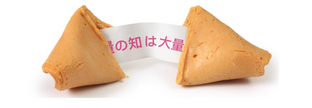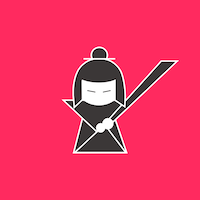Brewing Brilliance: The Dutch Brewery's Ambush Marketing Story
This is an audio version for the blog post by Roy Latke, an amazing content creator on Facebook. I’m Mary and I’ll be your digital host. let’s get started.
In 2006, a Dutch brewery ran one of the most brilliant marketing campaigns seen here and is considered one of the most perfect examples of what is known as Ambush Marketing.
Just before the 2006 World Cup, a Dutch brewery called Bavaria Brewery, a magnificent Dutch institution over 300 years old, wondered how it could compete with the American beer giant Budweiser, which was chosen as the official sponsor of the World Cup that year.
The Dutch brewery's marketing team took a unique approach to infiltrating the soccer scene. As the games were taking place in Germany, they decided to sell in leading supermarkets lederhosen pants. These traditional German garments, typically worn during Oktoberfest, were adorned with the branding of their beer, along with a small tail in the shape of a lion, symbolizing the Dutch team. The fans eagerly embraced this concept, and the company managed to sell over a quarter of a million pairs of branded pants
The peak moment arrived and a thousand fans of the Dutch team showed up for the game wearing branded pants of the Dutch brewery, a conspicuous and problematic appearance in front of the competing sponsor.
FIFA was faced with a dilemma: how could they let in the game such a large number of fans with the very visible branding of a competing company as its main sponsor and finally decided to ban fans from entering with branded lederhosen pants.
Imagine for a moment a situation of fans who come to support their favorite team in a foreign country during the soccer world cup and are not allowed to enter the stadium. In a move that neither FIFA nor Bavaria Brewery anticipated - the fans decided to take off their pants and sit in their underwear in the stadium, creating a much bigger buzz and noise than FIFA tried to prevent.
The Dutch brewery, which until that time was known mainly in the Netherlands, won headlines all over the world, and by 2010 , everyone was waiting for its next marketing move in the World Cup games.

 return
return










